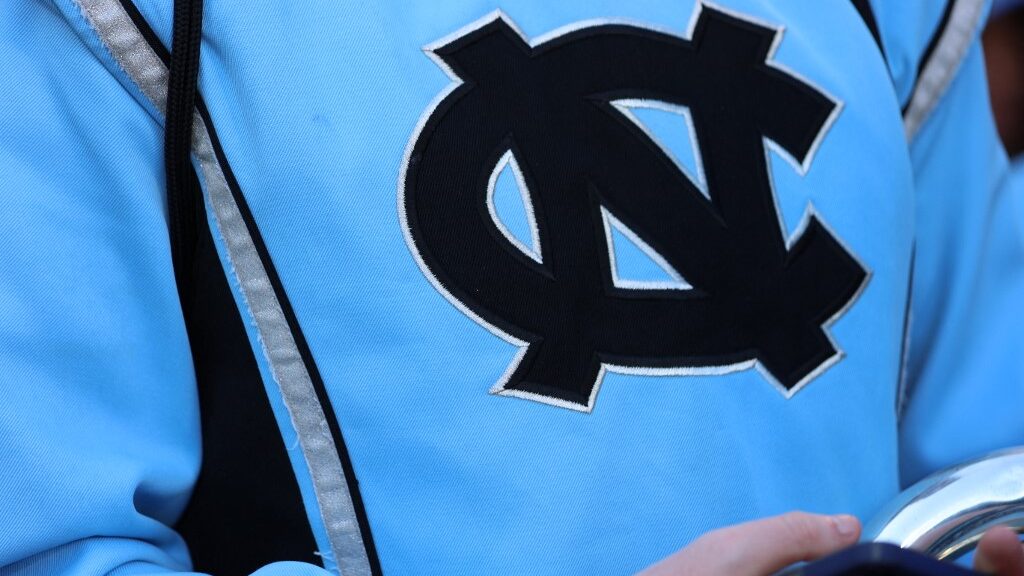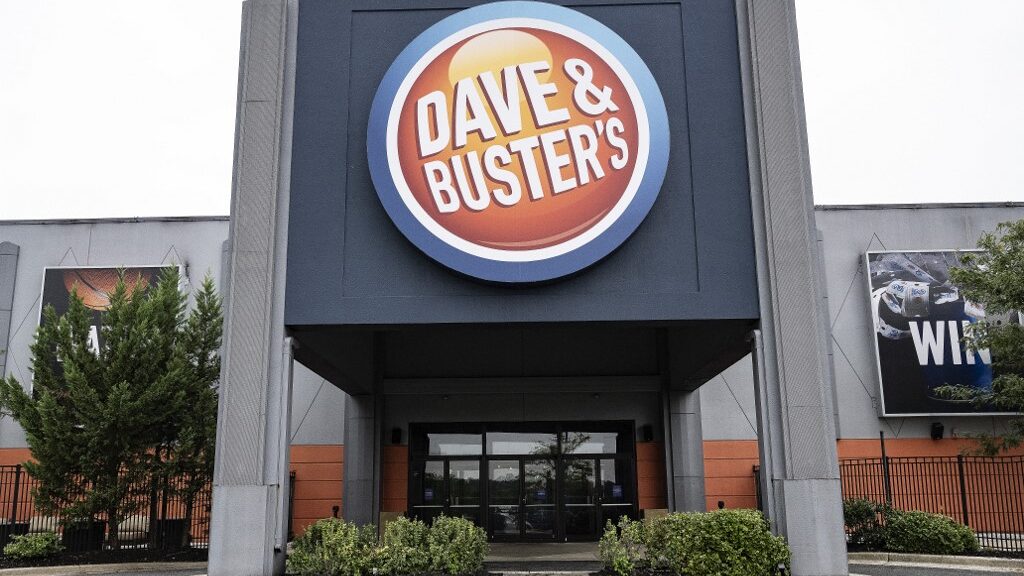
A recent lawsuit filed by the Shakopee Mdewakanton Sioux Community against the Minnesota Racing Commission for allowing the state’s two-horse tracks to use video terminals for blackjack games illustrates the rift between the parties and why sports betting is a long shot unless the two reach an agreement.
Let’s go through the main issues surrounding this legal conflict and how it pictures the Gopher State’s landscape for the main online sportsbooks.
Asking Too Much
Running Aces owns a hotel, casino, and harness racing track in Columbus, Minnesota. It has been augmenting its blackjack games with three video terminals that are hooked to a remote live dealer. The Interblock video gaming system —or stadium gaming, as some refer to it— allows several players to sit at once and be fed cards from the live dealer on the screen. The feature has been in effect since 2017 while another track, Canterbury, in Shakopee, also uses the same system.
Slots can only be found at Minnesota’s tribal casino per its compact with the state, but this video blackjack had seemingly ruffled no feathers until Running Aces asked the Commission in July for an additional console which would increase the number from three to four with each having 11 betting stations per console.
That request did not escape the attention of Shakopee Mdewakanton Sioux Community tribal chair Keith Anderson, who wrote to the Commission saying, “The Minnesota Racing Commission is acutely aware that existing law does not authorize the video table games being operated by Running Aces and Canterbury Park. Consequently, the Commission should defer to the Legislature and revoke any prior approvals of the Interblock game being operated by a racetrack.”
Anderson accurately pointed out that the Commission had stated in its 2019-2020 annual report that it needed to develop a more contemporary policy regarding gaming technology: “… electronic gaming technology is outrunning existing regulatory capacity, and new legislative guidelines and rules may soon be needed,” said the report.
Ruling Appealed
A nine-member board comprises the Commission but only seven of those positions are currently filled. At a meeting on October 19th, Running Aces once again asked for the additional console and although the commission executive director Kyle Gustafson felt more time was needed to consult with tribal leaders, as is stipulated by the compact whenever any gaming issues arise that could impact them, one member moved for a vote and it was ultimately approved, 4-0, due to unfilled seats and absences at the meeting.
Not surprisingly, the tribe was aggrieved by the approval and asked the Court of Appeals to legally send the ruling back to the commission in what is known as a contested case hearing. The tribe operates the Mystic Lake Casino in Prior Lake and contends that video table games or video games of chance (slot machines) are the exclusive purview of the tribes in the state of Minnesota.
“The Community explained to the commission that Interblock and other video table games negatively impact Tribal Casinos, which are in direct competition with Running Aces and other Card Club, and requested that the commission deny Running Aces’ request,” the court filing states.
The bickering between the tribes and the horse tracks is the primary reason why mobile sports betting has not been passed in the North Star State. The tribes are fearful they will lose their grip on gaming in the state while the horse tracks are desperate to increase the purse money for their races to save the industry from extinction.
Bookmakers Review will continue to monitor this story and update our readers as events unfold.

















